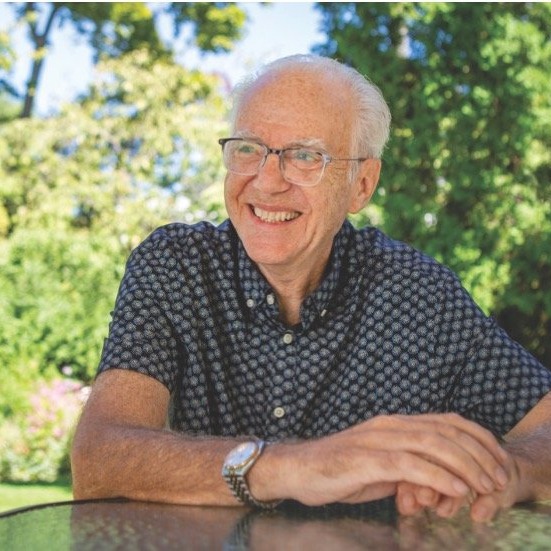Robert StickgoldNobel Conference 60

Robert Stickgold
Professor of Psychiatry at Harvard Medical School
Sleep, Memory, and Dreaming
While many of us go to great lengths to stretch the boundaries of our waking hours in an attempt to do and accomplish more, Robert Stickgold has spent his scientific career illuminating all that we accomplish while we sleep. Far from being an idle waste of time, Stickgold’s research shows that sleep, especially that which includes dreaming, may actually be the most productive time in our “day.”
Trained as a biochemist, first at Harvard University and then at the University of Wisconsin, Madison, Stickgold’s scientific pursuits span disciplinary boundaries from biochemistry and neuroscience to consciousness, cognition, and clinical psychology. The work that has emerged from his sleep laboratory has advanced our understanding of the human condition from molecules to mental functioning. Indeed, Stickgold has contributed to understanding the role that sleep plays in the consequences of loneliness, emotion regulation, mental health, psychiatric illness, and socio-political events among other things, and he’s quick to tout sleep’s vital influence on physical health, including vaccine efficacy, immune function, and the mitigation of obesity.
Stickgold’s interest in the role of sleep in the evolution of our memories and emotions has dominated his scientific pursuits. Stickgold and his students have, for several decades now, logged countless waking hours examining individuals who are asleep or deprived of it. They’ve approached these observations from all angles, collecting physiological data that reflect brain activity, coding dream reports, and recording emotions, cognitive function, and behaviors that reveal otherwise invisible operations of the mind. Stickgold has interpreted these data in healthy individuals and in those who suffer from sleep disorders and psychiatric illness. Among the many findings of his creative and complex experimental research is the discovery for which Stickgold is perhaps most widely known: Sleep, particularly the stage during which we experience our most intense dreaming, helps us learn from and remember the experiences we have when we are awake. Among the findings that reflect this discovery: when participants learn a new task, their memory and performance after sleep is better than it was before their heads hit the pillow. This is true even for individuals who suffer from amnesia and have no conscious recollection of learning the task and it is especially true for individuals who report having dreamt about the task. These and other findings from Stickgold’s lab show that, while our bodies appear dormant during sleep, our brains and minds are actively engaged in exploratory processes that couldn’t happen while we are managing the cognitive demands of waking hours. Sleep provides a time offline when our minds are free to identify what is most vital from the myriad details of our waking experiences and integrate these things with our existing knowledge and developing conception of the world--and our dreams likely reflect aspects of this work.
In short, Dr. Stickgold’s science has led the way in understanding the vital role that sleep plays in memory, emotion, and beyond. His findings are a wake-up call that makes clear that getting the most out of our days requires us to get a good night’s sleep.
Robert Stickgold is the Harvard University Professor of Psychiatry, and founder and Director of the Center for Sleep and Cognition at Beth Israel Deaconess Medical Center.